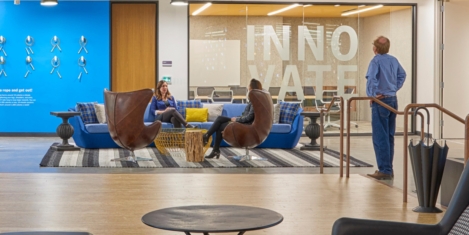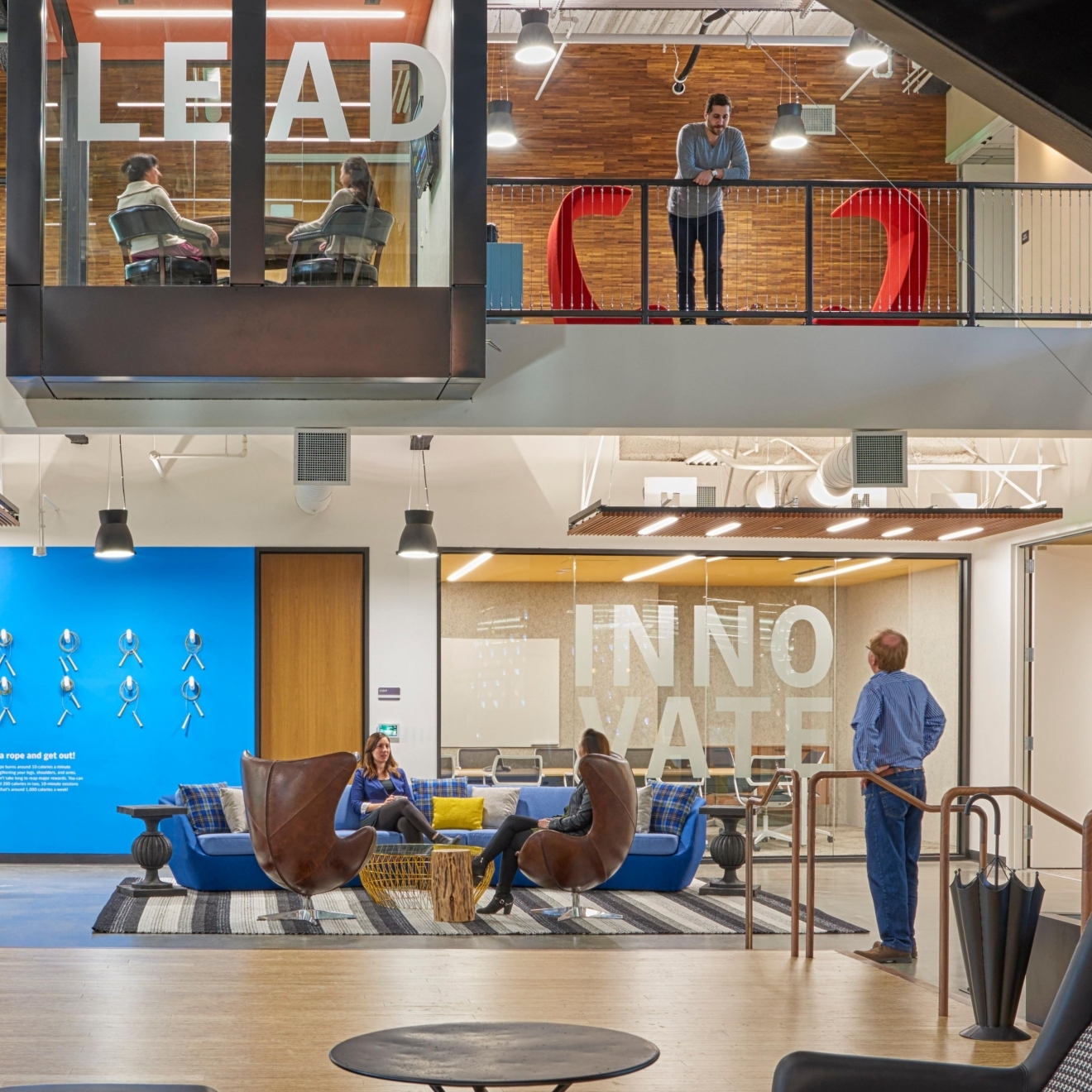To provide the best experiences, we use technologies like cookies to store and/or access device information. Consenting to these technologies will allow us to process data such as browsing behaviour or unique IDs on this site. Not consenting or withdrawing consent, may adversely affect certain features and functions.
The technical storage or access is strictly necessary for the legitimate purpose of enabling the use of a specific service explicitly requested by the subscriber or user, or for the sole purpose of carrying out the transmission of a communication over an electronic communications network.
The technical storage or access is necessary for the legitimate purpose of storing preferences that are not requested by the subscriber or user.
The technical storage or access that is used exclusively for statistical purposes.
The technical storage or access that is used exclusively for anonymous statistical purposes. Without a subpoena, voluntary compliance on the part of your Internet Service Provider, or additional records from a third party, information stored or retrieved for this purpose alone cannot usually be used to identify you.
The technical storage or access is required to create user profiles to send advertising, or to track the user on a website or across several websites for similar marketing purposes.
 One-fifth of sole traders in self-employment don’t survive one year, and the majority don’t survive five, according to a new study from the Institute for Fiscal Studies (IFS). The analysis of HMRC tax records by researchers at the IFS was funded by the Office for National Statistics through the Economic Statistics Centre of Excellence (ESCoE) and the Economic and Social Research Council. (more…)
One-fifth of sole traders in self-employment don’t survive one year, and the majority don’t survive five, according to a new study from the Institute for Fiscal Studies (IFS). The analysis of HMRC tax records by researchers at the IFS was funded by the Office for National Statistics through the Economic Statistics Centre of Excellence (ESCoE) and the Economic and Social Research Council. (more…)














 A significant proportion of the global population is concerned about the use of artificial intelligence (AI), with scepticism about its use by business greater than its use by government, a poll published by the
A significant proportion of the global population is concerned about the use of artificial intelligence (AI), with scepticism about its use by business greater than its use by government, a poll published by the
 According to
According to 
 For decades the trend among workplaces has seen employees moving out of individual offices and into open plan spaces. This has not always been successful, with the open-plan approach
For decades the trend among workplaces has seen employees moving out of individual offices and into open plan spaces. This has not always been successful, with the open-plan approach 


 Many larger businesses are struggling to implement digital transformation in spite of the dangers to their long term survival, a new joint report from CBI and Oracle claims. According to
Many larger businesses are struggling to implement digital transformation in spite of the dangers to their long term survival, a new joint report from CBI and Oracle claims. According to 












July 2, 2019
A Turing Test for the workplace 0
by Mark Eltringham • Comment, Facilities management, Technology, Workplace, Workplace design